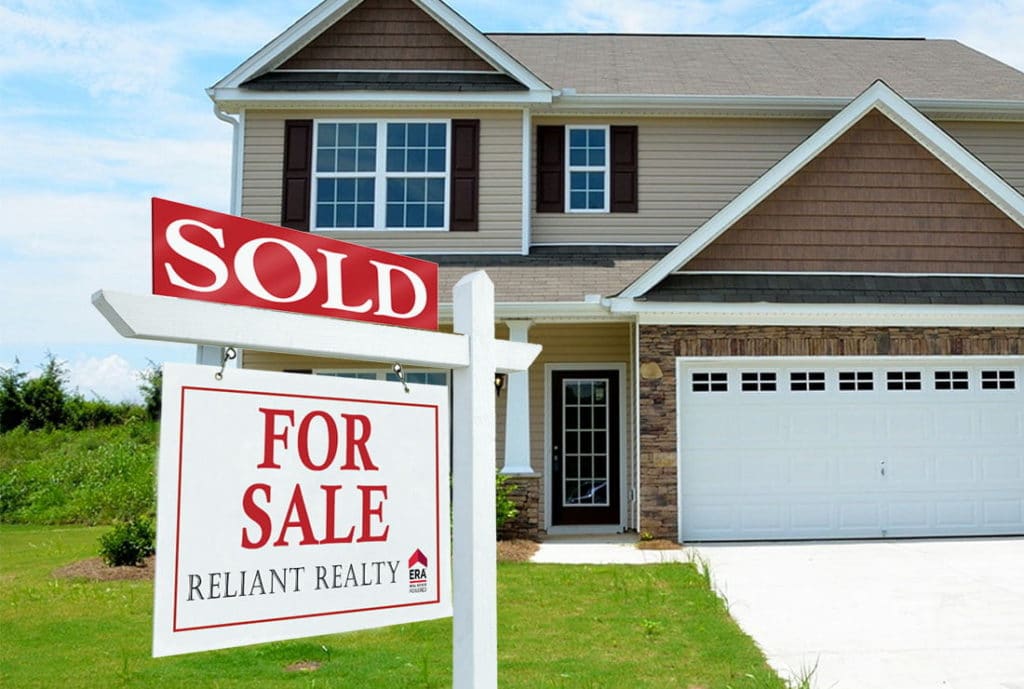For years, it seemed like institutional buyers were dominating the housing market, scooping up homes and crowding out regular buyers. But in 2025, that narrative is shifting.

What's happening with institutional investors?
Data shows that many large investment firms are no longer aggressively buying homes.
In fact, Parcl Labs reports that in Q2 2025, 6 of the 8 largest institutional SFR (single-family rental) companies sold more homes than they purchased.
And Dominion Financial estimates that for every 1 home they buy, they're selling nearly 1.75. That’s a major change in momentum.
Why are they pulling back?
The answer lies in economics:
Price appreciation has slowed down.
Operational costs like insurance, repairs, and property management have gone up.
Short-term returns aren't as strong as they used to be.
For institutional investors focused on maximizing short-term profits, this environment is no longer ideal.
What does this mean for you?
With fewer institutional buyers in the market, everyday buyers are facing less competition. That means more inventory to choose from—and potentially better negotiating power.
And since many of these investors are now selling off assets, new opportunities are opening up in areas that were previously out of reach.
What should you do now?
If you’ve been waiting for the market to shift in your favor, now might be the right time.
Work with a local realtor who understands current trends.
Explore listings in neighborhoods where inventory is increasing.
Take advantage of stable prices and a more balanced playing field.
Buying a home is a long-term investment—and right now, the odds may be on your side.

